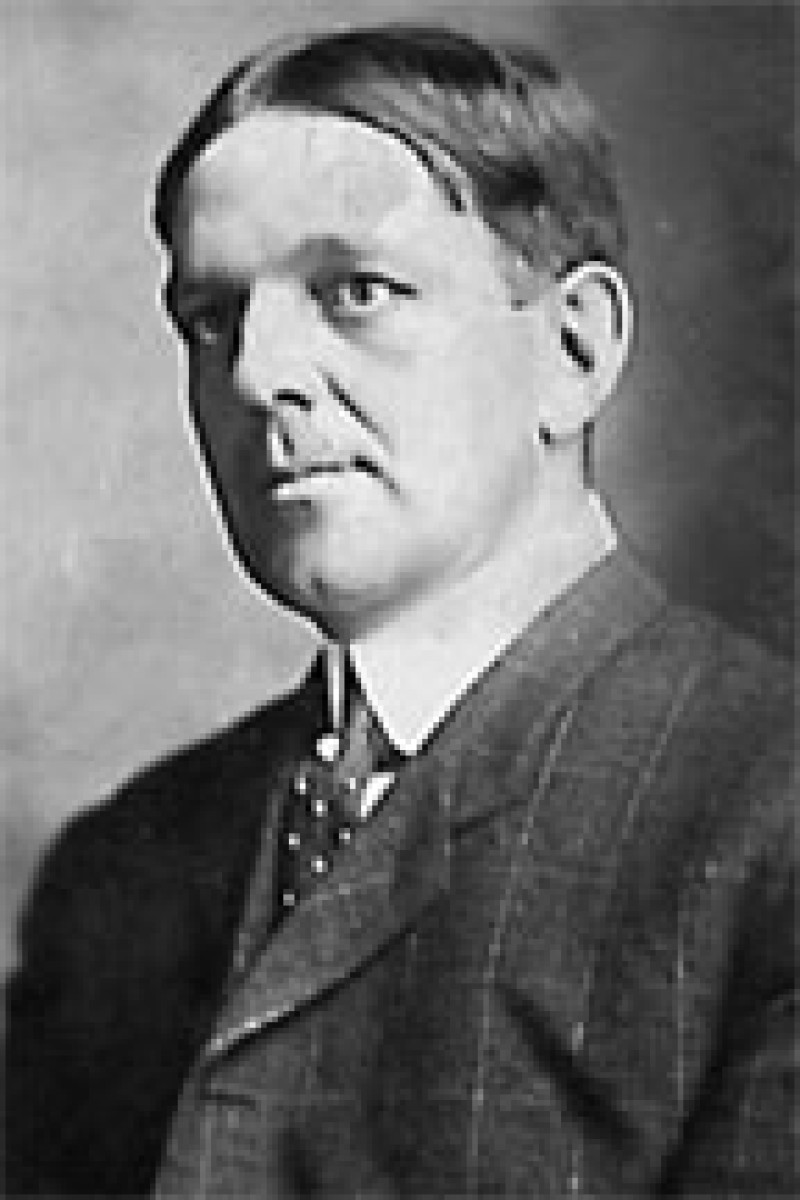Oscar W. Newman
Oscar W. Newman won one election in his political and judicial career, although he was a candidate numerous times for offices in Scioto County. He was best remembered by his friends and memorialists as an able lawyer and devoted husband and father.
Newman was born in Portsmouth on April 14, 1867 to George O. and Clay Moore Newman. Newman attended Portsmouth City Schools and graduated from high school in 1884. He attended Kenyon College for three years before returning to Portsmouth to read and study law in his father’s law office. Newman was admitted to the Ohio bar in 1889 and joined his father’s law practice.
In September 1893, Newman joined Albert C. Thompson in a law partnership that lasted until November 1898 when Thompson was appointed a judge for the U.S. District Court for the southern district of Ohio. Newman carried on a private practice in Portsmouth, which included civil and criminal cases of law and civil cases of equity. He argued cases in Ohio common pleas and appeals courts, as well as federal district courts and circuit courts of appeals.
In 1904, Newman was an unsuccessful Democratic Party candidate for a seat on the Seventh Common Pleas Court District, Third Subdivision that included Scioto County. In 1910, Newman unsuccessfully ran as a judicial candidate on the Democratic Party ticket for the Fourth Circuit Court of Appeals, losing to Republican E. D. Sayres by a small margin.
On Nov. 5, 1912, in a crowded field of seven candidates, Newman emerged with an electoral victory for a full six-year term as Justice of the Supreme Court of Ohio in his first race for statewide office. His published opinions are in volumes 87 through 99 of Ohio State Reports. Newman and fellow Democrat Phil M. Crow were defeated by Republicans James E. Robinson and R. M. Wanamaker during the Nov. 5, 1918 general election.
The 1913 case, State ex rel. Goodman v. Redding, Justice of the Peace, posed the questions to the Supreme Court on whether a justice of the peace who held office on Jan. 1, 1913 was entitled to hold the office until the expiration of its term, or if the office was abolished by the adoption of amendments to the Ohio Constitution on Sept. 3, 1912. Newman’s decision found that the proposals to amend Article 4 of the Ohio Constitution authorized justices of the peace to exercise their judicial powers until the expiration of their terms of office. Newman also cited Cass v. Dillon (1853) and quoted Justice Allan Thurman: “The State of Ohio is the same political state now that it was under the old constitution. The new constitution created no new state. It only altered, in some respects, the fundamental laws of the state already in existence.”
After he left the Supreme Court on Jan. 1, 1919, Newman remained in Columbus and opened a private practice. U.S. District Court Judge Benson Hough appointed Newman as a special commissioner to review data and filings with the district court concerning the opposition of Columbus Fuel Gas to the City of Columbus’ ordinance limiting the company’s rate increase to 40 cents a month. Newman’s recommendations to the district court supported the city’s arguments that the 40-cent increase would not damage the company’s profits and was not exorbitant for its customers.
On June 6, 1894, Newman married Charl Thompson. Katherine Newman was the only daughter born to the couple. Newman served as the first president of the Portsmouth Cycling Club, and, while living in Portsmouth, acted as counsel for the local Citizens’ Savings and Loan Association. During his years in Columbus, Newman played an active role in the Columbus Community Chest, a predecessor of United Way.
Newman was stricken by a heart attack while dining at the Columbus Athletic Club on Feb. 19, 1928 and died before his friend and physician Dr. Charles Turner could reach him. Funeral services were at the Newman family home in Columbus on Feb. 21, 1928. On the following day, graveside services were held in Portsmouth’s Greenlawn Cemetery.

b. April 14, 1867
d. Feb. 19, 1928
79th Justice of the Supreme Court of Ohio
TERM
Jan 1, 1913
to Jan 1, 1919
